Coca-Cola remained the top polluter for the 5th time in a row
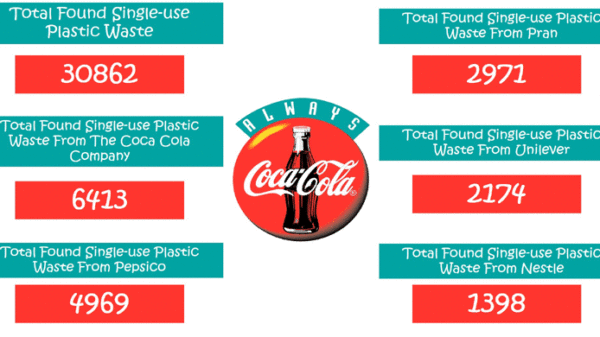
-
Among the found 30862 pieces of plastic waste, about 20.78% was from The Coca-Cola Company!
staff reporter Dhaka : ♫Nothing could ever bring me down♫, seems like Coca-Cola has literally taken their 2016 campaign slogan seriously. They have again retained the top position as the top polluter of single-use plastic for the 5th time in a row, with 20.78% of the total waste. ESDO conducted this year’s audit in three different cities that are Dhaka, Khulna & Chittagong. More than 250 volunteers conducted the audit on August 25th, September 20th and September 24th respectively. To share the result of the audit, ESDO conducted a media briefing event on Monday 17th October 2022 at ESDO head office.
The rest of the wastes were from Pepsico (15.60%); Pran-RFL group (9.63%) followed by Unilever (6.5%); Partex Group (5.08%); Akij Group (3.63%) Nestle (5.1%); Bombay Sweets limited (3.07%); and other multinational & local corporations. The audit was conducted in four locations in the three mentioned cities for around 10 hours.
Around 30862 pieces of plastic waste were collected by the volunteers in three cities. The total weight of the collected waste was measured to be 166.1877 kg. After collection, the wastes were sorted and the brands were recorded in the data cards. The audit record identified major 38 local and 14 international companies producing near about 220 brands in total. The study identified specific brands and their corresponding manufacturers whose items were found in the most abundant amounts. The brands include – Coca-Cola, Pepsi, Mum, Pran, Zaa and Zee, Alooz, Matador Orbit, Bashundhara tissue (packet), Fresh Tissue (packet), Lexus, Center Fruit, Fruit Fun, Pulse, Ruchi, Sunsilk, Center Fruit, Mum, Kinley, etc. The total list is dominated mainly by The Coca-Cola Company, Pran-RFL Group, PepsiCo, Partex Group, Akij Food & Beverage Limited and Unilever.
The event was chaired by former Secretary Government of Bangladesh and ESDO Chairperson Syed Marghub Murshed. According to him “Single-use plastic has disastrous consequences not only for the environment but also for human health. Corporations must take responsibility for the plastic pollution they are causing. These companies have flooded our market with non-recyclable single-use items and multi-layer tiny sachets or packets he added.”
According to the Senior Technical Advisor of ESDO and former chairman of the department of chemistry at Jahangirnagar University, “It is quite surprising to see the same corporate polluters are responsible for plastic pollution in Bangladesh 5 times in a row. Bangladesh Government is already working on the plastic crisis seriously and through the upcoming plastic treaty, we are hoping to find a solution for such dangerous pollution”.
ESDO’s Executive Director, Ms. Siddika Sultana stated that over 4000 chemicals have been identified that are potentially present in plastic packaging or used during its manufacture. At least 148 of these chemicals have been identified as hazardous to human health and/or the environment. and can cause endocrine disruption, which can lead to cancer, birth abnormalities, immune system disorders, and developmental problems in children. She requested the Government to urgently highlight this point.
Secretary General of ESDO, Dr. Shahriar Hossain said “The world is getting ready for a global treaty. Bangladesh is the first country to ban polythene bags. So, of course, we don’t want to stay behind in case of any decision regarding the treaty. We have to start preparing right now on how to completely ban single-use plastic from our country and our lives.”
The theme presentation was presented by ESDO’s Assistant Program Officer Hridita Ferdous. Furthermore, representatives from different media and ESDO team members were present at the event.
The Brand Audit tool is designed by Break Free from Plastic (BFFP) Global movement. The brand audit is mainly done to promote mass awareness and for the manufacturers to safeguard the environment from the harmful consequences of using single-use plastics.













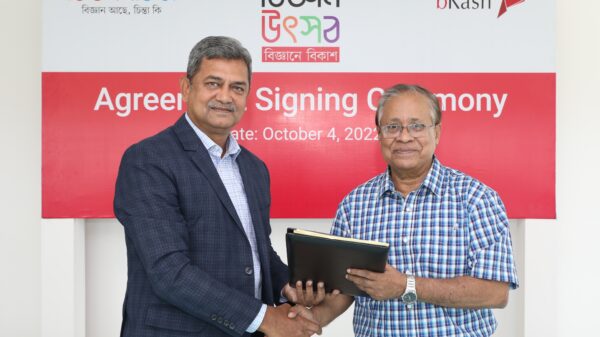
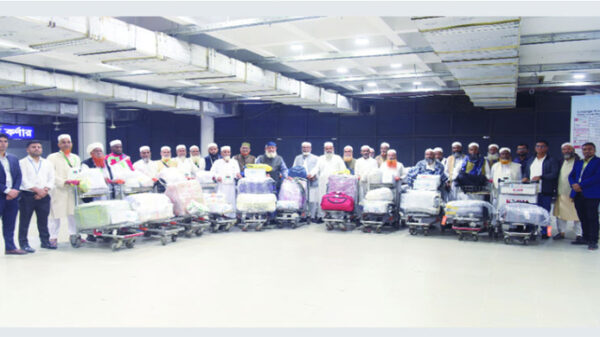


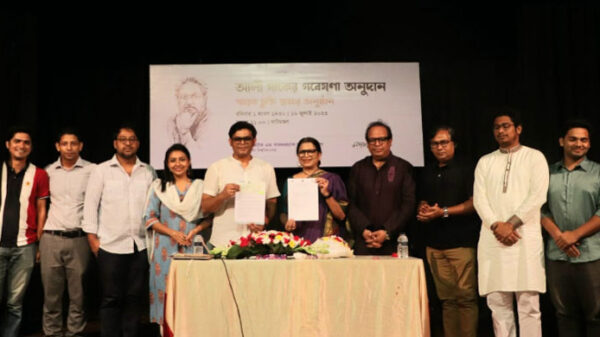
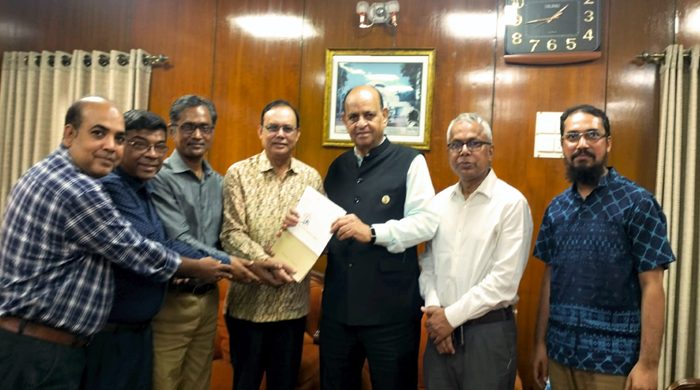


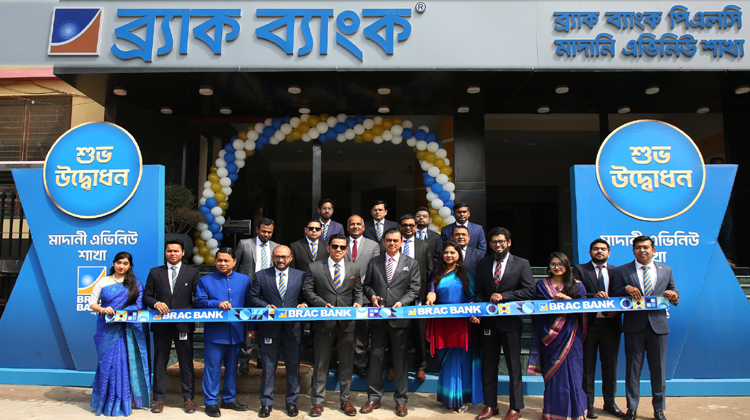
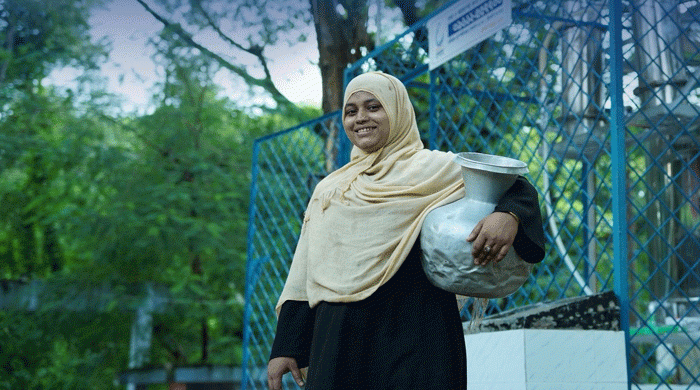
 Chief Editor :
Md. Shohel Rana
Chief Editor :
Md. Shohel Rana